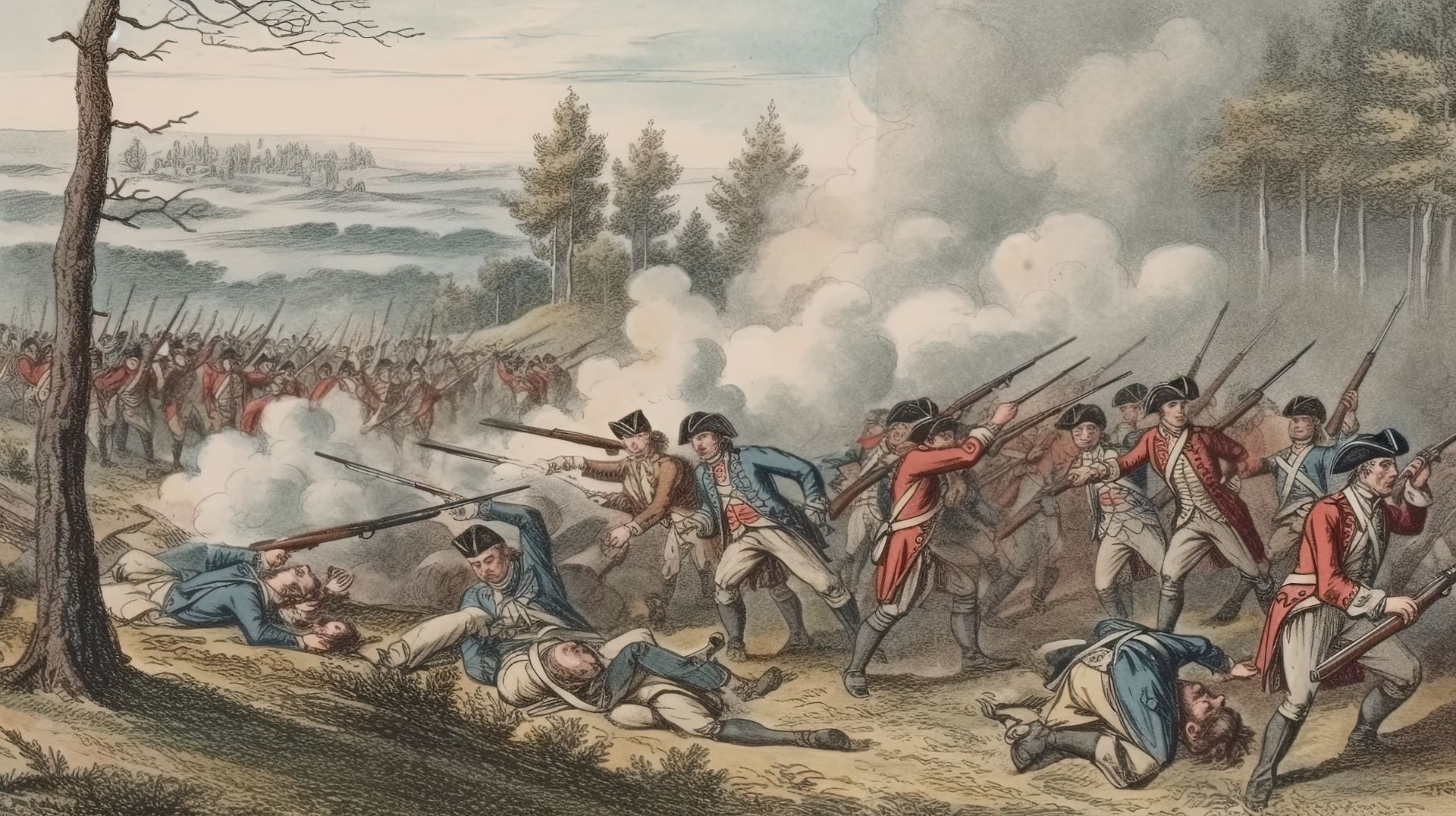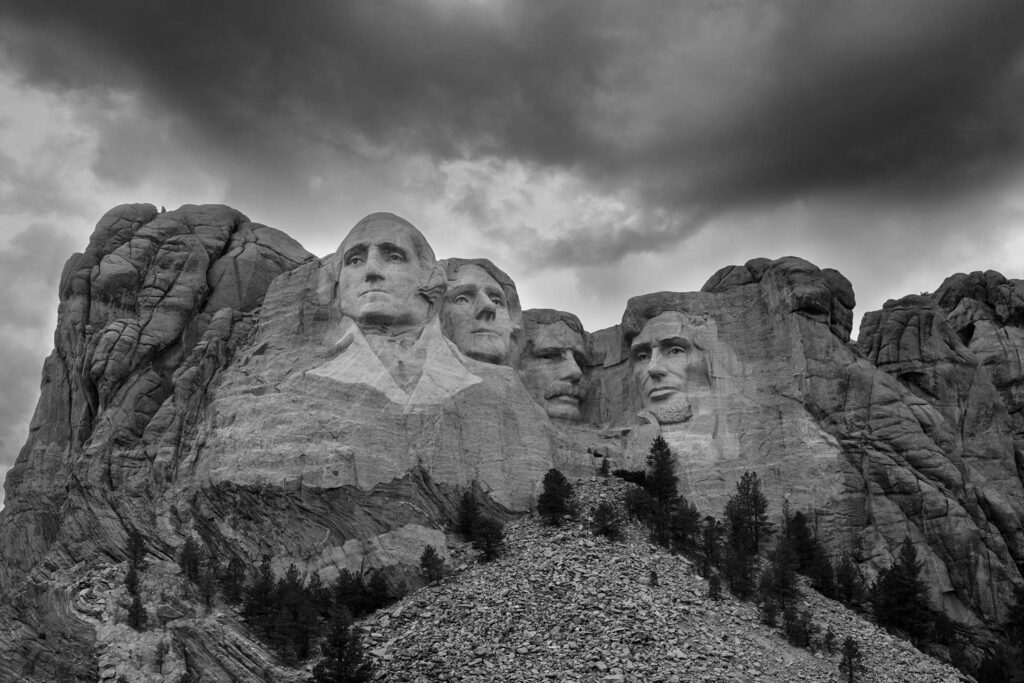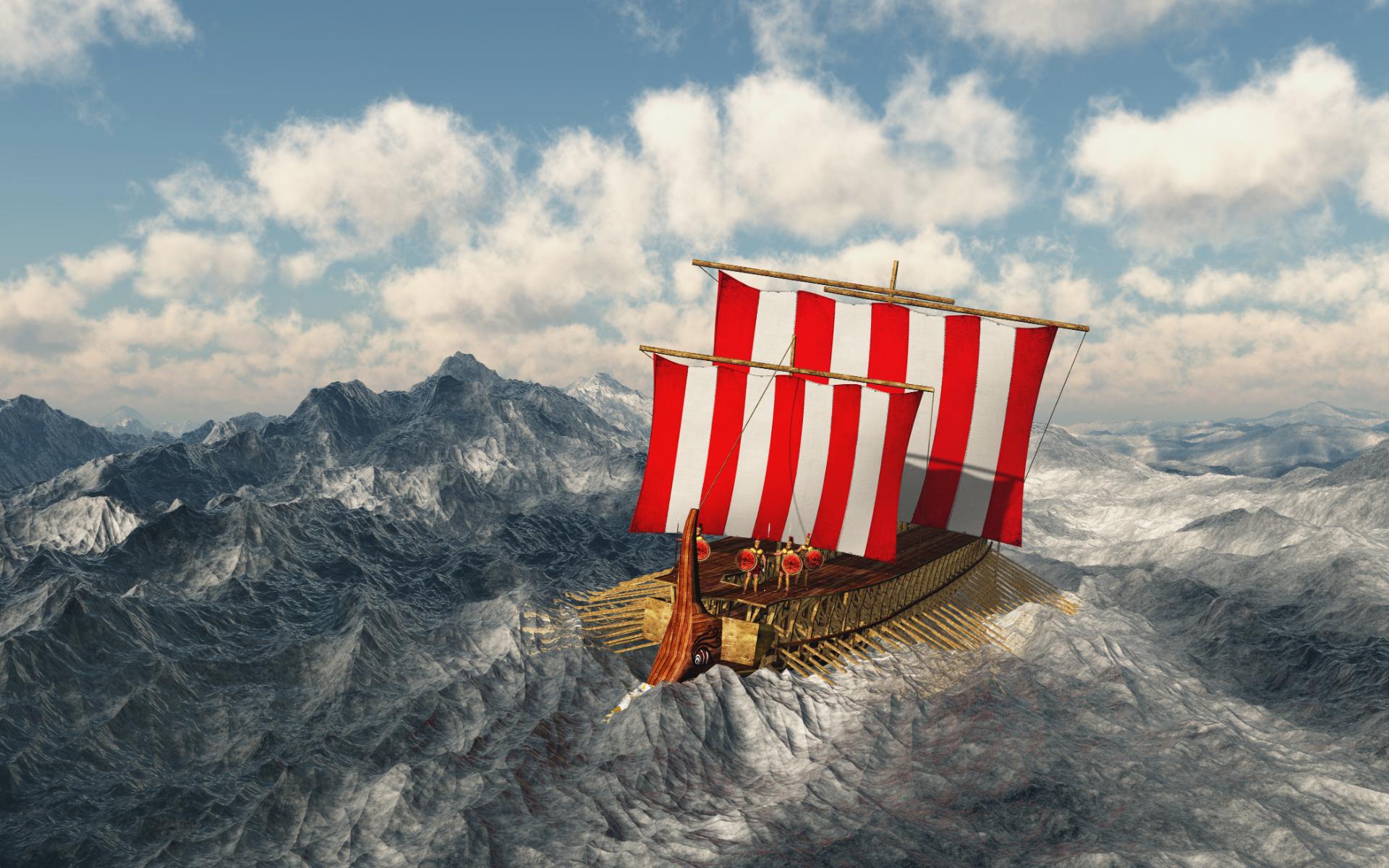
On Democracy
“I am not an advocate for frequent changes in laws and constitutions, but laws and institutions must go hand in hand with the progress of the human mind. As that becomes more developed, more enlightened, as new discoveries are made, new truths discovered and manners and opinions change, with the change of circumstances, institutions must advance also to keep pace with the times. We might as well require a man to wear still the coat which fitted him when a boy as a civilized society to remain ever under the regimen of their barbarous ancestors.”
— THOMAS JEFFERSON (1816)
Third President Of The United States

Influences for American Democracy
The United States’ Founding Fathers were influenced by various historical, philosophical, and political ideas that shaped the development of American democracy. Some key influences on the Founding Fathers include Greco-Roman Democracy, British Political Tradition, Enlightenment Thinkers, Colonial Experience, and the American Revolution. Athens and Rome are said to be the birthplace of democracy, so we will begin there to understand their impact on our Declaration of Independence and Constitution.

Emanuel Leutze, Public domain, via Wikimedia Commons
The Mother of Democracy
“Freedom is the sure possession of those alone who have the courage to defend it.” — Pericles, 450 BCE
In 507 BCE, Cleisthenes was an Athenian statesman often credited with laying the foundation for Athenian Democracy. He introduced democratic reforms, such as breaking up the power of the aristocracy and increasing citizen participation in government.
Athenian democracy, established in ancient Greece in the 5th century, was a direct system in which male citizens over 18 participated in the assembly. Citizens engaged in collective decision-making through public debates and voting, filled positions via random selection, valued free speech, and held jury trials.
After only one Century, Athens was engaged in a lengthy and devastating Peloponnesian War, lasting from 431 to 404 BC. This war weakened Athens economically and militarily, sparking internal political turmoil and social unrest.
Exploiting the weakened Greek city-states, Macedon conquered Greece and asserted dominance under the leadership of King Philip II and later Alexander the Great.
It is difficult to say if Athens could have avoided the Macedonian conquest, but strategies such as forming alliances, staying prepared militarily, maintaining political unity, and using negotiation and diplomacy could have delayed or prevented the conquest.
Examining the decline of Athenian democracy offers valuable lessons on safeguarding democratic systems by addressing corruption, polarization, and civic disengagement.

The Eternal City
“Not to know what has been transacted in former times is to be always a child. If no use is made of the labours of past ages, the world must remain always in the infancy of knowledge.” — Marcus Tullius Cicero, Roman Stateman, 63 BCE
Rome was initially a monarchy ruled by seven kings, starting with Romulus, who established it in 753 BCE. The kings were the city’s religious and political leaders and held absolute power.
Lucius Junius Brutus, a descendant of the royal family, led the rebellion against the tyrannical rule of Tarquin the Proud in 509 BCE. Following the expulsion of the last king, Brutus became one of the first consuls and shifted to a government founded on principles of liberty and equality with a strong constitution.
The Roman Republic lasted for over 500 years before it began to decline due to political corruption, social unrest, military conflicts, overexpansion, and the rise of powerful individuals like Julius Caesar, a Roman commander and statesman. Caesar’s military victories brought him fame, wealth, and a loyal army of supporters.
In 49 BCE, Caesar declared, “The Die Has Been Cast” and crossed the Rubicon River with his army, defying the orders of the Roman Senate and sparking a civil war against his rivals. He emerged victorious from the conflict and was appointed dictator of Rome.
Julius Caesar was assassinated by Roman senators on March 15, 44 BCE (Ides of March), to preserve the Republic. Octavian emerged victorious from a power struggle and became the first Roman Emperor, known as Augustus, ushering in the Roman Empire and ending the Republic.
This is a cautionary tale about the dangers of unchecked power and the need for mechanisms to safeguard against tyranny and preserve democratic institutions.

The Odyssey
“The journey is the thing.” — Homer, The Odyssey, 8th Century BCE
During the Middle Ages and the early modern period, democratic forms of government largely disappeared in Europe following the decline of ancient Athens and Rome. It was not until the Age of Enlightenment, 17th and 18th Centuries, that democracies began to resurface, with various countries establishing democratic systems. These systems rejected traditional authority and dogma while embracing progress and individual rights. From Greece to Rome to England in 1215, the Odyssey of Democracy began to take a new form.
“The only fence against the world is a thorough knowledge of it.”
— John Locke
Two Treatises of Government, 1689

1215 – The Magna Carta
The Magna Carta was signed in England and established principles of limited government, individual rights, and due process, which have influenced democratic governance worldwide.
“No free man shall be seized or imprisoned, or stripped of his rights or possessions, or outlawed or exiled, or deprived of his standing in any other way, nor will we proceed with force against him, or send others to do so, except by the lawful judgment of his equals or by the law of the land.”
1776 — Declaration of Independence
The American Revolution and Declaration of Independence resonated globally as a universal declaration of human rights and freedom and influenced many countries to embrace democracy.
“We hold these truths to be self-evident, that all men are created equal, that they are endowed by their Creator with certain unalienable Rights, that among these are Life, Liberty and the pursuit of Happiness.”
1789 – The Declaration of the Rights of Man and of the Citizen
The Declaration of the Rights of Man and of the Citizen was adopted during the French Revolution and outlined fundamental human rights and principles of democracy, influencing democratic movements globally.
“Men are born and remain free and equal in rights. Social distinctions may be founded only upon the general good.”
1920 – The League of Nations
The League of Nations was the first intergovernmental organization. While it ultimately proved ineffective in preventing World War II, it laid the groundwork for creating the United Nations.
“The League of Nations is not primarily an organization to lead humanity to a promised land of peace and security; it is an organization to prevent humanity from returning to the hell of war.”
— Sir Winston Churchill, 1922
1945 – United NAtions
The United Nations’ mission is to foster development and address global challenges through international cooperation and is often considered one of the most significant and comprehensive attempts to bring peace, security, justice, equality, human rights, and democracy to the world globally.
“The United Nations was designed not to make the world more peaceful but to make it more just.”
— President Harry S. Truman, 1948









